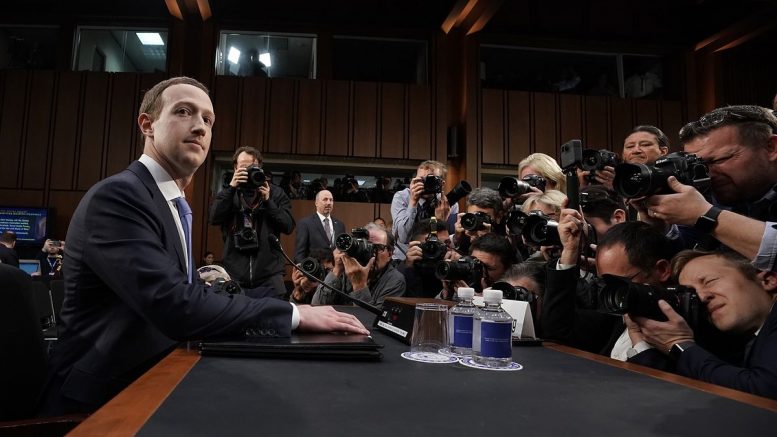On April 10th, Mark Zuckerberg entered Congress, the black suit he was wearing in contrast to his standard grey shirt displaying the severity of his position. In 2014 the British political consulting firm Cambridge Analytica began gathering data on Facebook users and using it to influence the opinions of voters in favor of the politicians who hired them. The data collection was done through a survey app called thisisyourdigitallife which gathered the data of anyone who allowed the app to access their Facebook account as well as of the people connected to them through Facebook, amounting to up to 87 million according to Facebook. On learning of it there was public outcry and facebook apologized, however CA continued to possess their data. Controversy arose again when in March, former employee of CA, Christopher Wylie released details on the data collection. This resulted in CA claiming to have deleted all the data however in the public consciousness the damage was done.
This breach in security caused pushback against Facebook’s data collection, bringing us back to Zuckerberg’s testimony in Congress on April 10th and 11th. The congressional lawmakers inquired about topics ranging from facebook’s data privacy policy to specifics about the Cambridge Analytical data scanda, to the difference between his data collection and fbi surveillance such as COINTELPRO and the censoring of views on Facebook. Zuck responded to these, keeping his calm and confident composure while denying overt inquiry on censorship and surveillance, while also evading the questions on his data collection. At the outset the goal of Zuckerberg’s appearance in Congress was to decide whether change was needed in how Facebook collected data. It now seems unlikely that Facebook will make change in their policy or business model, as when asked “Are you willing to change your business model to help protect people’s privacy?” Zuckerberg responded, “I’m not sure what that means,” and when confronted with the question “Will you change all user default settings to minimize to the greatest extent possible all the user data?” Zuckerberg wouldn’t answer. This may push Congress to regulate social platforms such as Facebook, which would massively impact the exchange of data on the internet.
On other matters too Facebook might face regulation. The inquiries into the censorship of views on social platforms shows that congress has their eyes open for occurrences of biased political censorship on the internet. This topic is a controversial one which could reappear in the future and determine how political views are shared online. These questions of censorship and security are those that will continue to reoccur in the upcoming few decades. The answers to them will determine how we interact with our technology and will shape the future of society and the internet.

